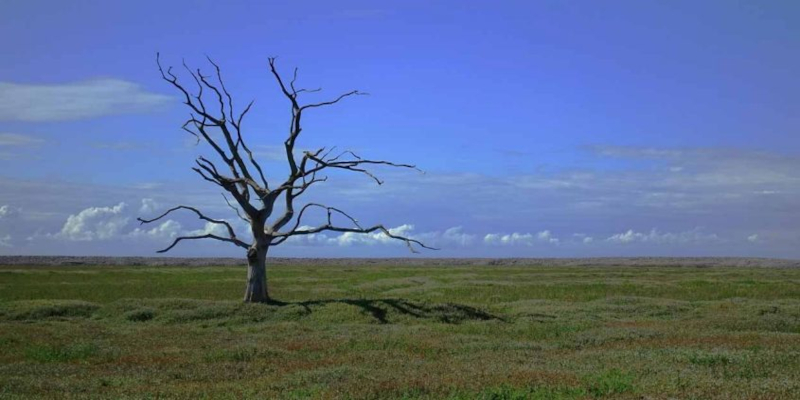Dharamshala, 13th October: A new analysis released on Tuesday criticized China, the world’s largest producer and user of coal, cement, and steel, for climate change throughout the Tibetan Plateau, the world’s ‘third pole,’ in the run-up to the Glasgow climate negotiations (COP26) and the present UN biodiversity summit. It claims that climate change has a significant influence on livelihoods, despite the fact that traditional systems of production produce very little of the emissions that cause climate change.
According to research by a non-governmental organization dedicated to furthering human rights and democracy, China distorts the concept of paying for environmental services by displacing Tibetan nomadic people and forcibly removing them from their lands. China’s eco-compensation program addresses issues of human rights, sustainable development, and nature’s contribution to humanity, all of which have worldwide implications.
The Tibetan Plateau covers nearly 2% of the planet’s land surface, roughly the size of Western Europe, and has as much global significance as other comparable geographies, if not more because its elevation has a global impact on the jetstream, monsoon dynamics, and the northern hemisphere’s water cycle.
According to the paper, China’s definition of eco-compensation is at best ambiguous, with minimal mention of local beneficiaries remunerated to stay on their lands and continue with behaviors that promote biodiversity protection and ecosystem service delivery. In the worst-case scenario, most eco compensation monies never reach local people or are paid to nomads to shift away from their lands for their subsistence.
According to the research, indigenous and traditional local groups with a long history of sustainable land management must be the principal beneficiaries and legally defined recipients of eco-compensation, as stipulated by CBD Article 8(j).
The fundamental driver of China’s carbon trading mechanism is the country’s unwavering reliance on coal-fired electricity, which attempts to deflect criticism by saying that emissions are offset by payments for ecosystem services that trap carbon in Tibet.
According to the research, the displacement of Tibetans is of concern to the rest of the world, which needs to know that what is referred to as “eco-compensation” genuinely cuts emissions and pays those who contribute ecosystem services.







Leave a Reply